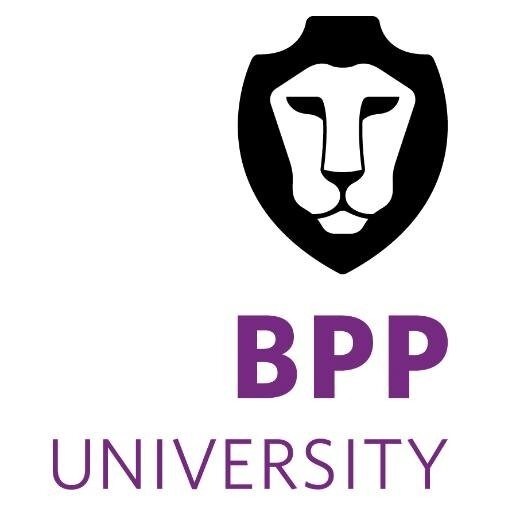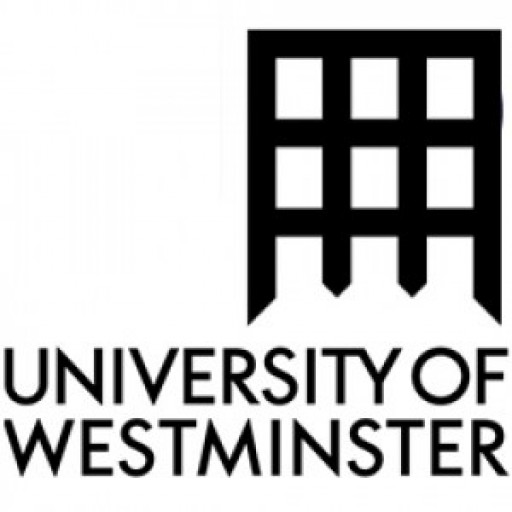Photos of university / #edinburghuniversity
The MSc in Carbon Management at The University of Edinburgh is a comprehensive and interdisciplinary programme designed to equip students with the knowledge and skills necessary to address the complex challenges of climate change and carbon reduction. The programme combines core principles of environmental science, policy, economics, and technology, providing a well-rounded education that prepares graduates for leadership roles in carbon management across various sectors. Throughout the course, students explore topics such as greenhouse gas accounting, carbon mitigation strategies, renewable energy, and sustainable business practices, all within the context of international climate policy frameworks. The curriculum emphasizes practical skills through case studies, industry projects, and interactions with professional experts, enabling students to develop innovative solutions for reducing carbon footprints and advancing sustainable development. The programme also offers opportunities for specializations in areas like carbon finance, climate change adaptation, and low-carbon technologies, allowing students to tailor their education to specific interests and career goals. A distinctive feature of this MSc is its emphasis on real-world application, supported by partnerships with government agencies, industry stakeholders, and environmental organizations. Students benefit from access to state-of-the-art research facilities and participate in workshops, seminars, and field visits that deepen their understanding of current challenges and innovative approaches in carbon management. Graduates of the MSc in Carbon Management are well-positioned to work in consultancy firms, governmental agencies, non-governmental organizations, and private sector companies dedicated to sustainable development and climate solutions. With a focus on forward-looking strategies and policies, this programme aims to produce graduates capable of leading the transition towards a low-carbon economy and fostering resilience in the face of ongoing climate change.
The MSc in Carbon Management at the University of Edinburgh offers a comprehensive and interdisciplinary approach to understanding and addressing the global challenge of climate change. This programme is designed to equip students with the knowledge and skills necessary to develop effective strategies for reducing carbon emissions across various sectors and in different contexts. Throughout the course, students will explore the science of climate change, the economics of carbon reduction, and the policy frameworks that support sustainable development. The curriculum emphasizes practical applications, including carbon footprint assessment, mitigation techniques, and the development of carbon management plans for organizations and communities. Students will engage with cutting-edge research and learn to critically analyze the effectiveness of different approaches to carbon mitigation. The programme also offers modules on renewable energy technologies, carbon accounting, life cycle assessment, and environmental management systems. In addition to academic coursework, students will participate in case studies, industry projects, and field visits, providing real-world experience in carbon management practices. The MSc is suitable for graduates from various backgrounds, including environmental sciences, engineering, business, and social sciences, seeking to advance their careers in sustainability, consultancy, policy, or corporate responsibility. The programme is delivered through a combination of lectures, seminars, workshops, and independent study, with support from experienced faculty members who are active researchers in the field. Collaboration and teamwork are fostered to prepare students for professional environments where multidisciplinary cooperation is essential. Graduates of this MSc will be well-positioned to influence policy development, advise organizations on sustainable practices, and contribute to the transition to a low-carbon economy. The University of Edinburgh’s strong emphasis on research excellence and its strategic location in the UK provide students with unique opportunities for engagement with leading climate initiatives and networks. The programme aims to produce graduates capable of making meaningful contributions to climate action worldwide, aligning academic learning with the pressing needs of society and the environment.
Program requirements for the MSc in Carbon Management at The University of Edinburgh include a strong academic background in environmental science, engineering, geography, or related disciplines. Applicants are typically required to hold a good bachelor’s degree (minimum second-class honours or equivalent) from an accredited university. Relevant work experience in environmental or sustainability fields can also be considered. Applicants must demonstrate proficiency in English, usually through a test such as IELTS or TOEFL, unless they have studied previously in an English-speaking country. The programme emphasizes interdisciplinary knowledge, so candidates with a background spanning economics, policy, or technology related to carbon management are encouraged to apply.
Candidates are expected to submit supporting documents including academic transcripts, a personal statement outlining their interest and suitability for the programme, and references from academic or professional referees. The personal statement should reflect motivation for pursuing studies in carbon management, awareness of current climate change issues, and understanding of relevant policies and technologies.
The programme involves coursework, independent research, and a significant dissertation project, typically requiring students to analyze real-world issues related to carbon footprint reduction, carbon trading, renewable energy integration, and sustainable development strategies. Prior knowledge of environmental legislation and familiarity with data analysis tools can be advantageous.
International applicants should ensure they meet visa requirements for study in the UK and may need to provide financial documentation demonstrating they can support themselves during their studies. Some applicants may be invited for interview as part of the selection process to assess their motivation, background, and suitability for the programme.
The course is designed to develop practical skills alongside theoretical understanding, enabling graduates to pursue careers in government agencies, consultancy firms, environmental organizations, and corporate sustainability departments. Completing the MSc in Carbon Management requires fulfilling modules across various topics including climate science, policy analysis, and business strategies for carbon reduction, culminating in a research dissertation that addresses current challenges in carbon management and mitigation strategies globally.
The University of Edinburgh offers a range of funding options for students enrolled in its Carbon Management programmes. For domestic students, funding opportunities include government-supported schemes such as student loans provided by the Student Loans Company, which can cover tuition fees and living costs. Postgraduate students may also be eligible for Scotland-specific funding, including the Student Award Agency for Scotland (SAAS) scholarships and grants. International students have access to a variety of scholarships and fee discounts, some of which are specific to certain countries or regions. The university administers its own scholarship programs, which are highly competitive and awarded based on academic merit, financial need, or a combination of both. Additionally, students may seek external funding from organizations focused on environmental sciences and sustainability initiatives, which sometimes offer scholarships or research grants to students pursuing studies aligned with climate change, environmental management, and sustainability. The university also participates in European Union funding schemes, such as Erasmus+ exchanges, which can provide financial support for study abroad components of the programme. Some students finance their studies through part-time work; the university's location in Edinburgh allows easy access to employment opportunities in the city. For research students, there are options for research council funding, such as the UK Research and Innovation (UKRI). The university also offers information and guidance through its dedicated funding office, helping applicants identify suitable funding sources and assist with scholarship applications. Overall, students are encouraged to explore a combination of government grants, university bursaries, external scholarships, and personal funding to finance their studies comfortably. Potential applicants should check the specific eligibility criteria and application deadlines for each funding source and consider applying early to maximize their chances of securing financial support.
The MSc in Carbon Management at The University of Edinburgh is a comprehensive postgraduate program designed to equip students with the knowledge and skills required to address the complex challenges associated with carbon emissions and climate change. This program integrates interdisciplinary approaches, combining elements of environmental science, policy, economics, and technology to prepare graduates for careers in sustainable development, environmental consultancy, government policy-making, and corporate responsibility. The curriculum covers key topics such as carbon accounting, greenhouse gas mitigation, renewable energy technologies, carbon trading and finance, and global climate policy. Students benefit from a blend of theoretical coursework and practical training, including case studies, modelling exercises, and industry engagement. The program also emphasizes the importance of innovative solutions for reducing carbon footprints and promoting sustainable practices across various sectors. Through collaboration with industry experts, government agencies, and research institutions, students gain valuable insights into current challenges and emerging opportunities within the field of carbon management. The University’s strong research culture and its commitment to sustainability ensure access to cutting-edge resources and expertise. Graduates of the program are well-prepared to contribute effectively to efforts aimed at reducing global carbon emissions, supporting the transition to a low-carbon economy, and promoting environmental resilience. The MSc in Carbon Management offers an excellent pathway for individuals passionate about environmental stewardship and sustainable development, providing a solid foundation for impactful careers in policy, consultancy, industry, and academia.








